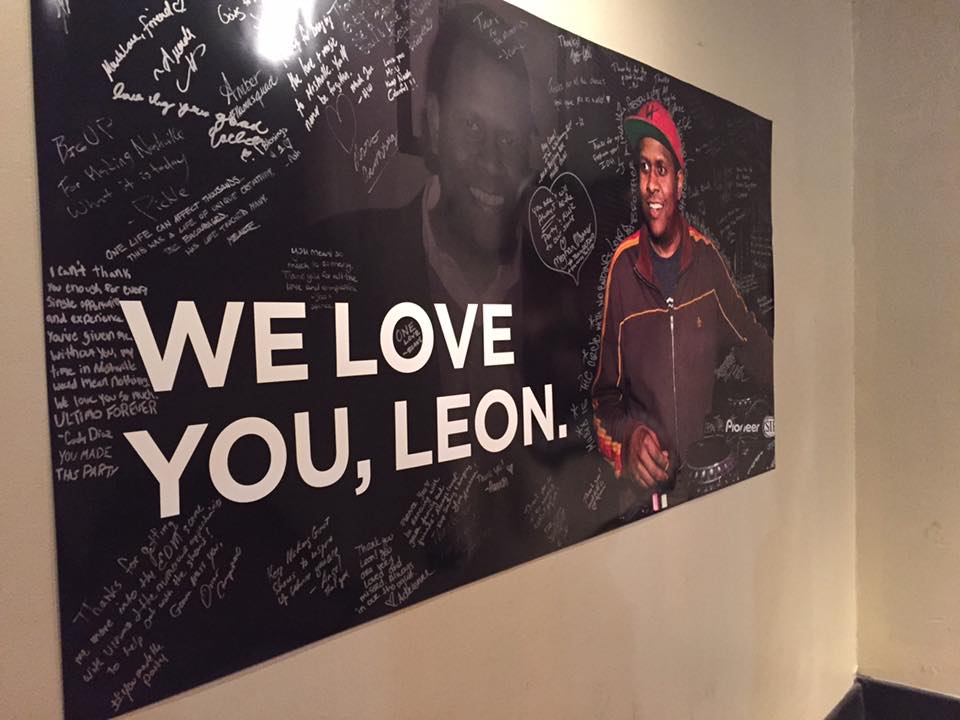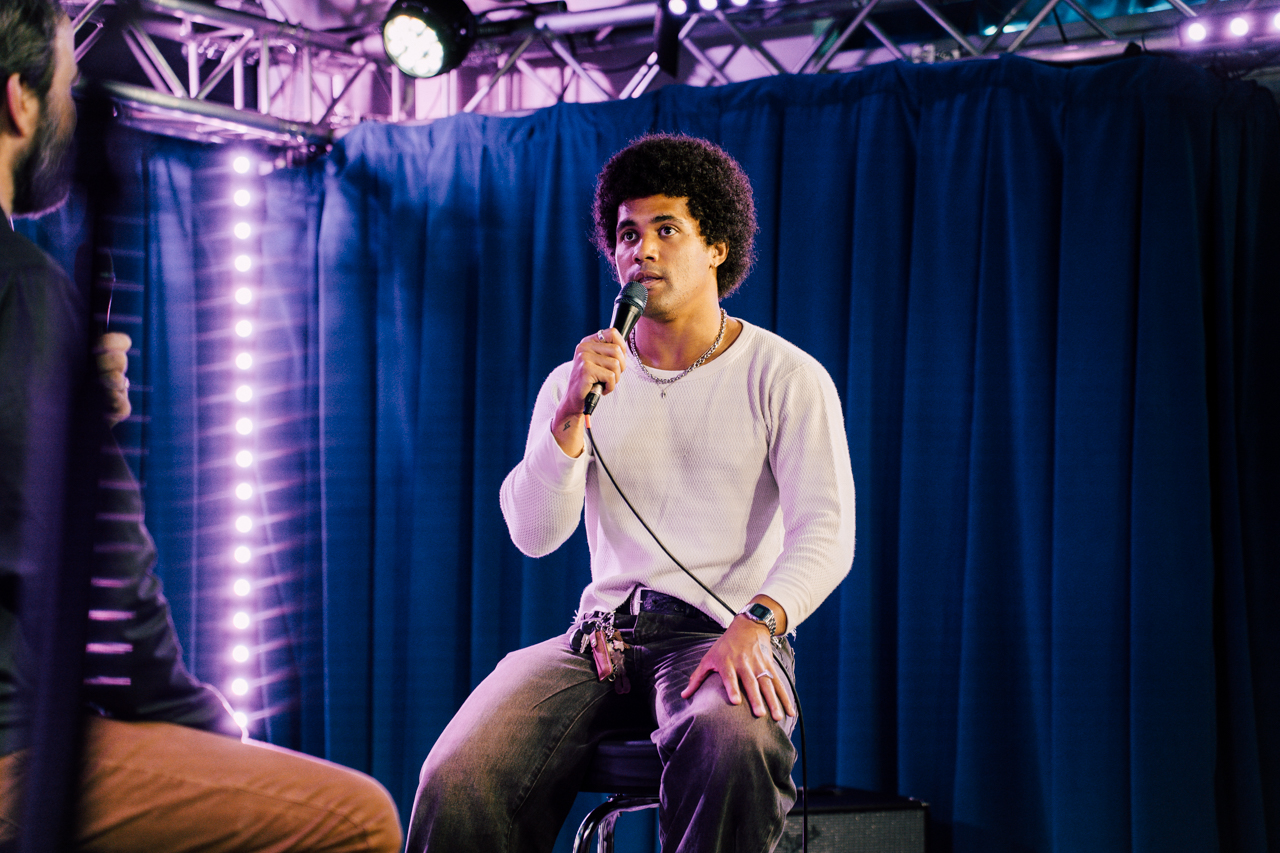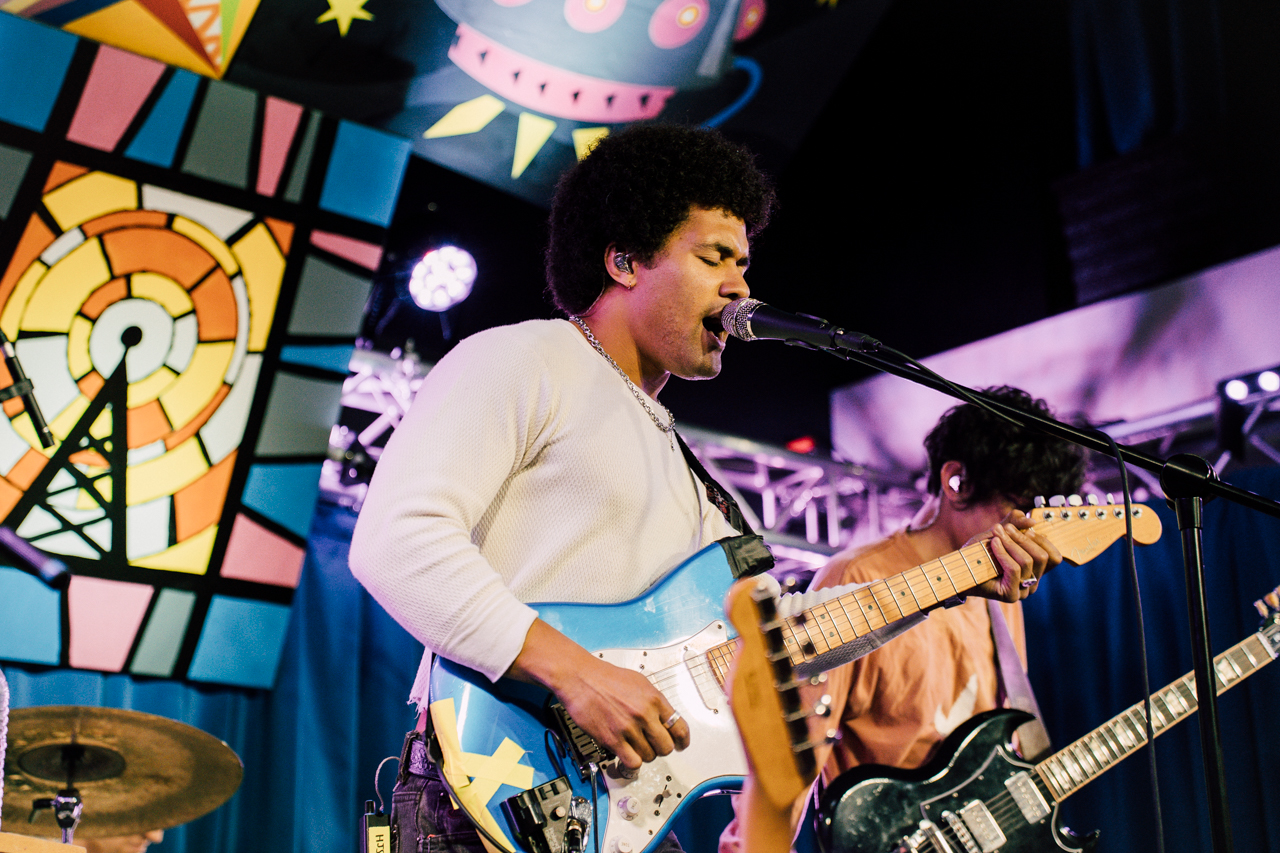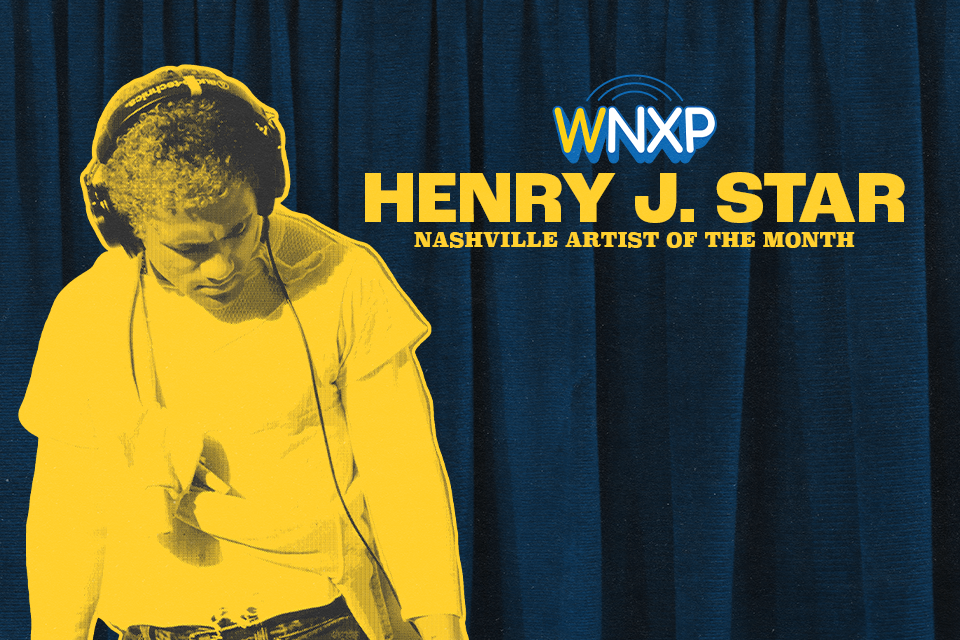Instead of focusing on one Nashville Artist of the Month in June, we’re celebrating the marks that Black Originators have made on the city, and that includes the late Leon Jackson. He was a Nashville native, an event promoter, a lover of all electronic music and a beloved figure in the DJ community that I’m also part of. The once mostly underground dance music scene grew in Nashville because of his efforts. Leon not only set the stage for global names like Paul Oakenfold and Boy George to play here, he made way for local DJs AND created safe and inclusive spaces for people who wanted to dance in Music City. I spoke with Donnie Estopinal, the founder of Disco Donnie Presents, who valued Jackson as a professional partner and created a scholarship at Vanderbilt University’s Blair School of Music in his name.
Aaron Monty: Who was Leon Jackson to you and how did you meet him?
Donnie Estopinal:I started sending fliers to him when I was in New Orleans. We promoted all over the South, within eight hours. So I reached out to him and said, “If I send you some fliers would you put them in stores for me?” He’s like, “Yeah, sure.” And I said I’d do the same for him.
And then in 2001, my wife got a residency in Columbus, Ohio and I starting doing shows in Ohio. I had been doing shows in the South, in Texas and Atlanta and other places, but nothing in the Mid-South or Midwest area. I had worked with people in Memphis before, and I called up Leon and I said, “Why don’t we do Memphis and Nashville on the same weekend, kind of like what we’re doing in Ohio? I can create these connectors for these artists.”
The scene was really bad, right? There wasn’t a lot of money involved in it. I said, “I’ll back the shows.” I didn’t have any money at the time, but I was faking it. “And when the market comes back,” I said, “We’ll be the kings of Nashville!” And he was like, “okay, deal.” So, we just started pumping shows through Nashville and trying to build the scene back.
You have to remember that after 2001, the dance scene was already kind of going down. Then 9-11 happened, and at the same time, hip-hop saw a resurgence and electronic music just wasn’t cool anymore. There were some really lean years then. That’s how we started working together, we were both trying to survive through those rough times.
AM: What was he like to work with?
DE: Leon was country. He had that Southern drawl. He always said, “Yes, ma’am. No, ma’am. Yes, Sir. No, Sir.” He always had that positive attitude. He never turned down any shows. He always said, “Yes we can make this one work.” He always had a positive attitude and thought that everything was going to be okay.
AM: Jane [Dupree] who was friends with him and DJed for him said everyone felt welcome at his events. Was this something that he consciously tried to do? Did he have a philosophy on promoting events?
DE: He always had a smile on his face, and he always greeted everyone warmly. Basically, he was unflappable and he thought that nothing could go wrong. He could fix it; he’d make you happy. And that’s what he was trying to do. He was a real promoter. He was trying to make people have a good time. That was his job and that was his mission. You could read it on his face. You couldn’t know Leon and dislike him. He was such a good person.
AM: Which events that you all worked on was he most excited about?
DE: There were some big artists who had never played in Nashville, and he got to be the first person to bring them, like Paul Oakenfold and Tiesto and Paul Van Dyke. He was tickled pink that he was showing all the people he went to high school with that he had made it. He brought these guys that nobody ever thought would come to Nashville. That was his most excited time. We did the Dayglow paint party, five, six thousand people. We did the Monster Boo Halloween Party. The Monster Block Party, which was another five or six thousand people with DJ Snake. He loved doing those big events as well.
AM: He supported local DJs also. Was it a mandate that there was someone local on the line ups?
DE: Leon definitely supported the local DJ scene. We always had locals on there and he did have his favorites. But he always made sure there was space for new people, and he always tried to mix it up. He was trying to give opportunities to people that they wouldn’t normally have. So someone could be on a flier in front of Tiesto, and that’s a career-maker for that person, right? So, he would kind of make that person’s dream come true.
AM: What kind of music do you think that he liked the most?
DE: I mean, “everything” is a good promoter answer, because his job was not to play what he likes but what everybody else likes. You want to like them all, so you’re not too biased. I think he liked house music, and then bass music came on and he eventually grew to love that.
AM: Why did you want to set up a scholarship in his memory?
DE: It was important to me. He also worked with me at my festival and stuff like that, outside of our partnerships in Nashville. He was a good friend to a lot of us and just somebody that I think should be remembered. At the beginning of the rave scene, it was a very mixed crowd. You’d have all kinds of different races and sexualities and everything like that. But when we got into the 2000s, it became a very white crowd. Leon was special. He always stood out. He was a black rave promoter in the 2000s. He is special and I just felt like he needed to be honored and remembered for everything he did for Nashville, that he did for us, everything he did for the scene.
AM: Who is the most recent recipient of the scholarship?
DE: They haven’t announced the first recipient yet. They’re going to let us know soon.




